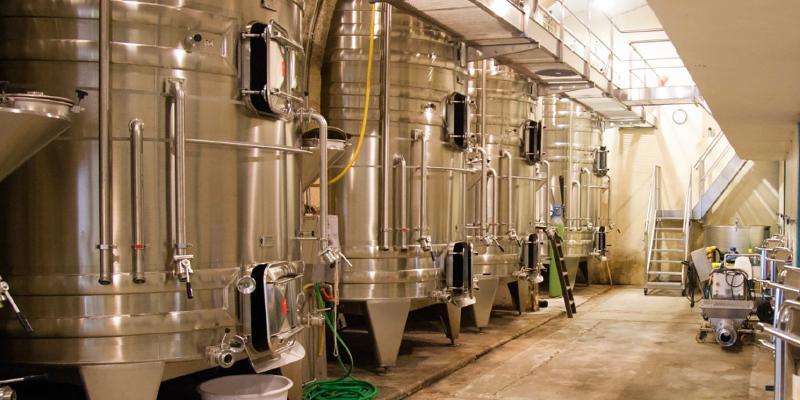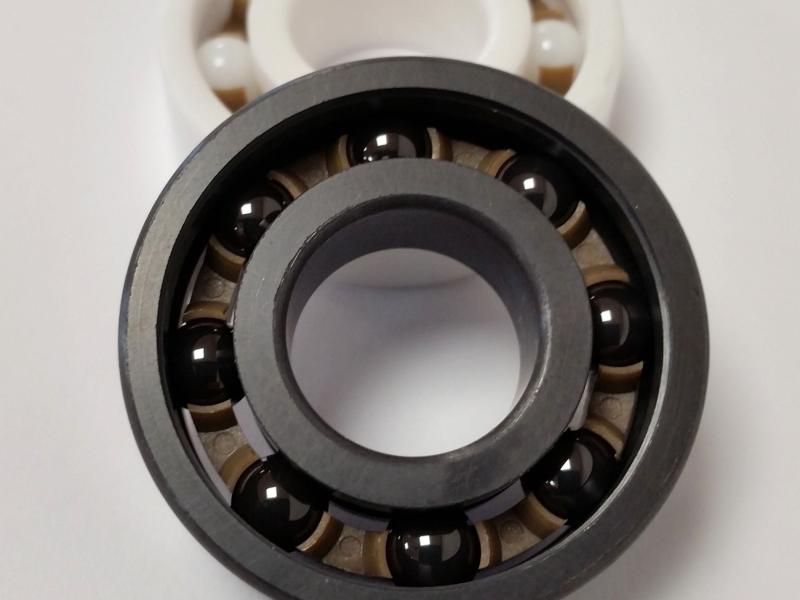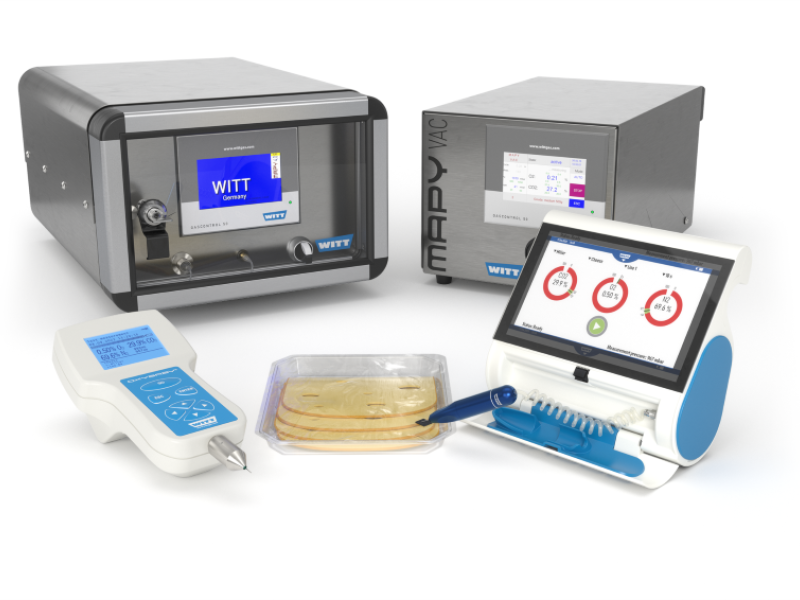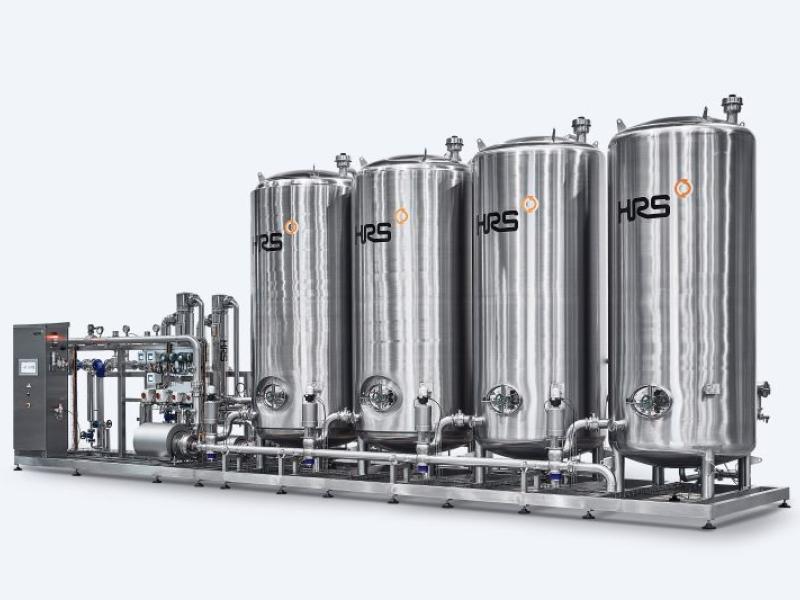India is relatively new to wine growing, but it has taken big strides of late in both wine production and appreciation. One of the early entrants that created a strong brand in the market is Sula Wines. Today, Sula grows its grapes in vineyards either owned by the company or contracted with a total area of over 3,000 acres. The company operates two wineries in Karnataka and Maharashtra with a total capacity of 12 million litres. Sula sells over 20 varieties of wines.
Automating the wine industry: from vine to wine
Wine making involves five major stages – harvesting, crushing and pressing, fermentation, clarification, and aging and bottling. Compressed air finds application in all stages, literally from the vine to the wine.
Tom Fyfe, President of ELGi Australia said that while traditionally grapes are picked by hand, vineyards nowadays use machine harvesters. “The harvested grapes are sorted and then taken to the winery where they are de-stemmed and crushed with the help of pneumatic equipment. Filling machines are also powered by pneumatic valves with compressed air to lift the bottle and fill it to the desired limit. The filled bottles are then transported through a conveyor belt to another section where the bottle caps are closed through a pneumatic operation.”
In the case of sparkling wines, compressed air is used to wrap the foil cover over the cap of the bottle. The last process involves labelling the bottle in which compressed air is used to stick the labels onto the bottles.
Sula uses compressed air to maintain the quality and speed of production
Sula makes use of either fully or semi-automated pressing and crushing and bottling processes. “Compressed air helps Sula maintain the quality and speed of production to meet the demands of a growing business,” said Fyfe. “Sula has been using ELGi screw compressors for the past 15 years for these operations, and the team says that the quality is critical to their operations. If there is any remnant of oil in the compressed air, it will affect the quality of the product; if there is any moisture in the compressed air, the blower we use for labelling will not work efficiently. The ELGi screw compressors at the Sula wineries have extremely low oil carry-over, are fitted with oil filters to ensure there is no oil particles in the compressed air line.”
A Sula spokesperson said that with the high quality of compressed air that it receive from the ELGi compressors, it has been able to maintain the quality of its processes. “With these compressors, we can speed up production, minimise waste and ensure we get the same quality product in every batch of wine we produce at the winery.”
Quality air for Australia
According to Fyfe, robotics and automation are taking over the wine industry and can deliver several competitive advantages to wine industry, these include increased productivity, cost savings and minimising incidents of human error.
“I recently read that Australia exports approximately 750 million litres a year to the international export market with only about 40 percent of production consumed domestically. To keep up with the demand, processes must be automated and what better way to ensure accuracy and speed than with air?” V






